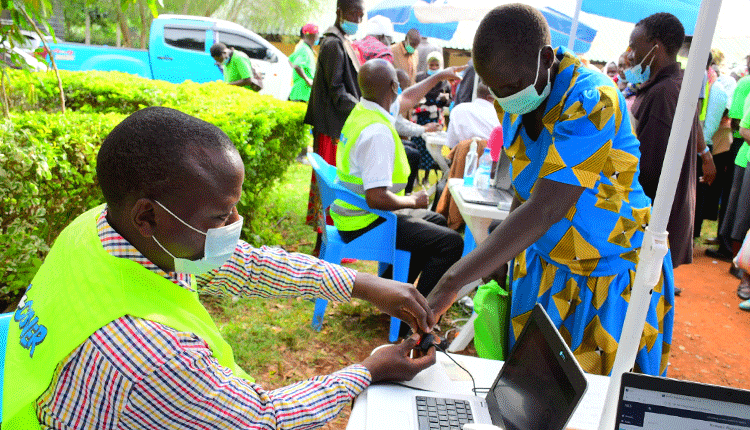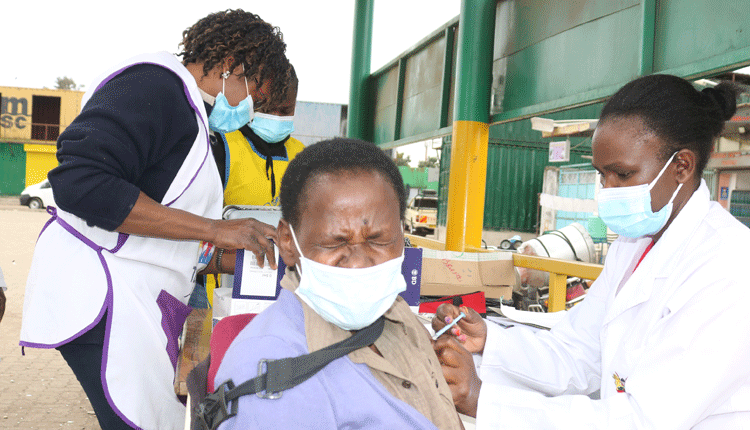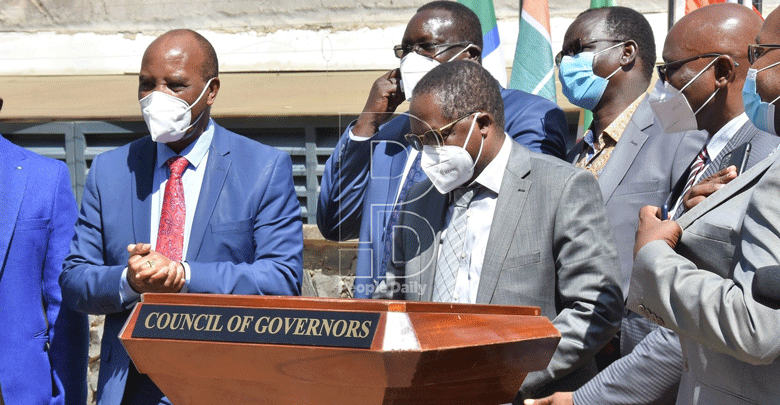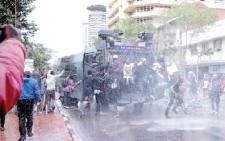Kilifi hoteliers upbeat as high season beckons
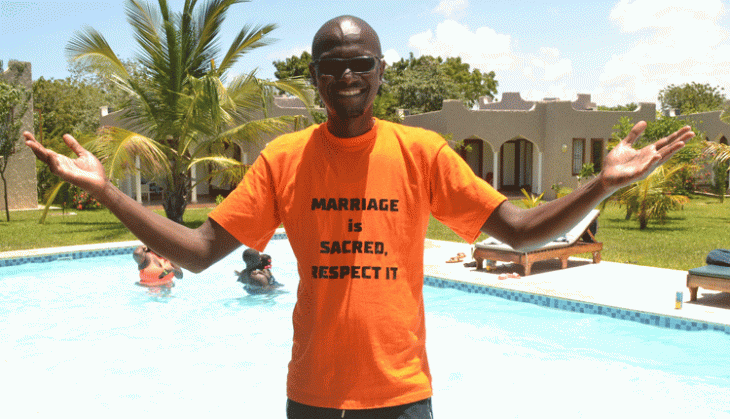
Hoteliers in Kilifi county are hopeful of good tidings, as the high season closes in following the removal of Kenya from the UK’s red list in revised coronavirus travel regulations, which was effective from the September 22, 2021.
The hoteliers who had been badly hit by the Covid-19 pandemic have cited a sigh of relief, with most hotels and villas being fully booked from December and others expanding the packages offered.
This has set many hotels on their wheels in preparations for the peak season, especially in ensuring the hoteliers are fully vaccinated and ready to receive the anticipated high number of guests by meeting all the required Health ministry standards for operations.
According to Steve Mathai, the Suli House Kilifi manager, the hotel, which started operations in October 2020 at the peak of the pandemic period has suffered slow business from the onset.
But he hopes to make the most out of the holiday season, as the facility is currently fully booked for the season.
“When we started operations, business was slow, but with time we a few guests began streaming in.
But things are looking hopeful as we near the holiday season this year. We made the most of social media platforms and referrals as a marketing strategy.
Most of the bookings are domestic tourists with a few international. For preparedness, our staffs are already fully vaccinated, and we also do regular Covid-19 tests.
Also being a former emergency responder, I am fully equipped with the knowledge on how to handle a Covid-19 patient, and I have equally passed this knowledge to the staff.
As at now, bookings from the local tourists are higher than from international guests,” he shares.
Domestic travels boost
Malindi’s Lawford Hotel guest relations officer John Mwayele, shares that despite business being affected by the pandemic and strict travel regulations, the pandemic equally presented a good opportunity for local tourists to experience what the tourism industry had to offer and this appreciation has gone a long way in promoting the sector.
“The industry was adversely affected, but we are glad that local tourists have learned to appreciate what we have in the country rather than previously when they used to travel to other destinations for their vacations.
Nevertheless, the curfew, now lifted, presented some challenges, especially for the small businesses around.
There was no circulation of money, and the guests could not walk around as much or interact with the locals like before.
But now we are optimistic that things will change for the better,” shares Mwayele.
According to the hotelier, the hotel has ensured its 46 staffs are vaccinated. At least majority have taken the first jab and waiting for the second, of which there is still a challenge because there is still low supply.
As he shares, it is their hope that the government could prioritise vaccination for hotel industry employees, especially with the holiday season closing in.
“The bookings are good. At the moment we are at about 45 per cent booked for December, but in the next month, there are hopes it will be even more. Most bookings are local tourists.
We are expecting international guests from Russia, England, Americas and Italy, but most are local tourists from Nairobi and neighbouring African countries such as Rwanda and Uganda,” he says.
Camp Gedeng, one of the most popular getaway daytime tourist camps in Malindi, has also sighted an increase of business traffic for the camp, as most tourists want to spend more time in open-air sites.
The camp’s director Marion Mutahi shares that this is courtesy of the increased awareness in the locality.
Business on the up
“Business is looking good; we cannot complain. We’ve seen some increased awareness on bettering of quality of life, especially after 2020.
Generally, people want to spend more time outdoors, and our campsite offers exactly that.
We also have more bookings for walking tours both short and long. We are quite ready for the season; we have transformed our bush open kitchen to a lovely camp kitchen offering more grilled meats, and we recently introduced bar services.
There are on-going works to build four more toilets. Our staffs are all vaccinated and they constantly keep washing their hands as Covid-19 rules dictate.
We do have an advantage that we are in a very airy space,” says Marion.
Vaccination challenge
While the stakeholders are excited about the high season, anxiety still looms in the air.
The 10-million vaccination target that was set by the government is yet to be attained.
More commitment towards the vaccination is needed from the government, if this is to be achieved.
Failure to this, as Italian community in Kenyan Coast spokesman Freddie Del Curatolo puts it, the international tourism will remain at stake.
“Some hotels are still closed because of the economic crisis. But we are expecting many tourists probably not from Italy, but from Germany, Russia, Poland and other African countries such as Rwanda.
About 30 per cent of the hotels are fully back to work. We need a lot of support from the county government if we are to fully recover,” shares Freddie.
He’s however worried that although the sensitisation for vaccination is high, there’s still very low supply of the vaccine.
He says hoteliers are anxious about the government meeting its 10 million vaccinations, with international travellers equally uncertain about the real status of the destinations.
“At the moment, more attention and concentration is on the oncoming elections than our vaccination request, they (the government machinery) are forgetting that our job is depended on by many people outside of the physical hotels.
We have made the demands for hoteliers’ prioritisation, but response from the Health ministry is still very poor.
So, we are betting on Governor Amason Kingi and Kilifi North MP Owen Baya,” adds Freddie with concern.
